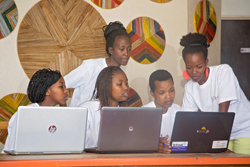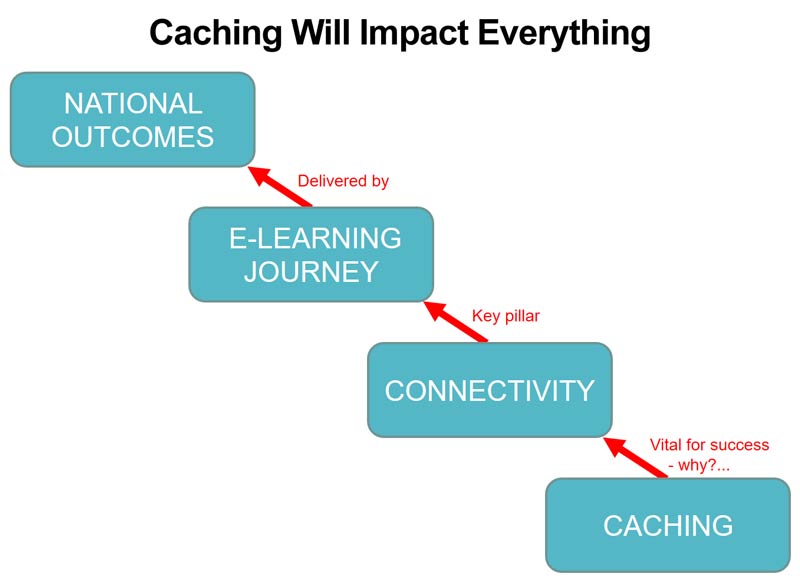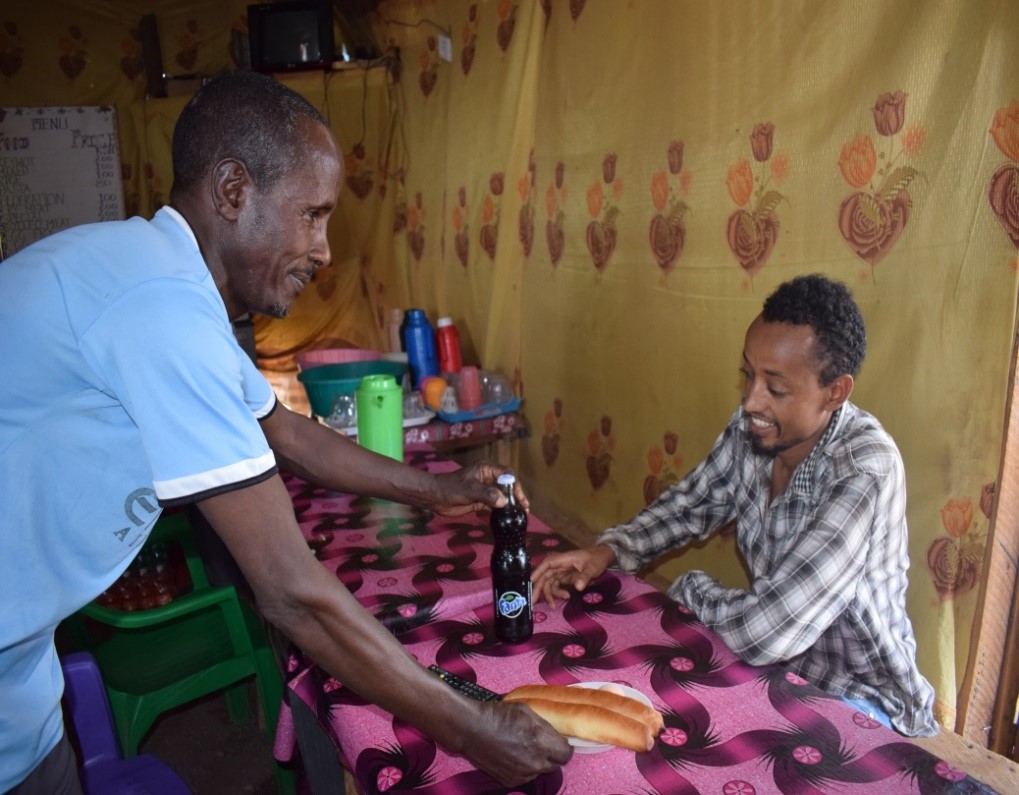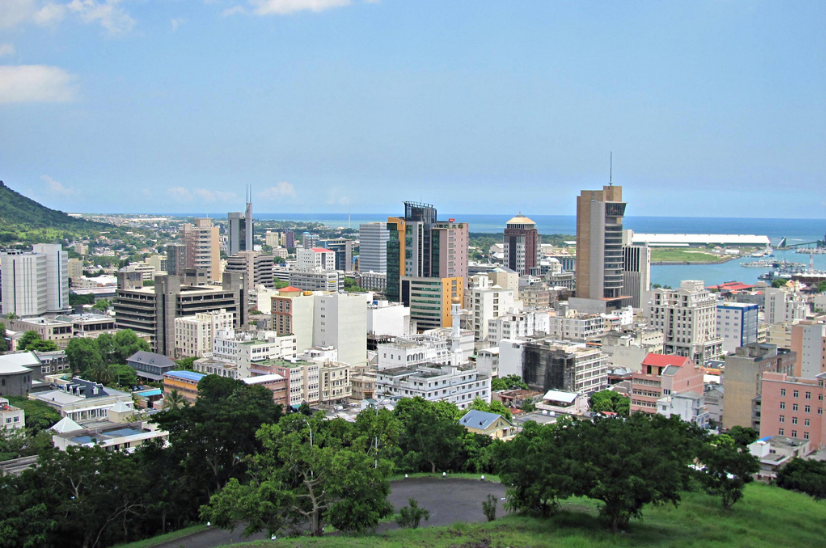By Valencia LYLE and Andrew MUHIRE, Rwandan Ministry of Health When Rwandan health workers and Ministry of Health (MoH) staff require training, they frequently endure a disruption to their work schedules. Traditional, in-person trainings typically require staff to travel to a central location which is often far from their homes and workplaces. Furthermore, travel and room rental fees render in-person trainings costly. In […]
Field Stories
Skills for the digital age – and for all
Three German Development Policy Approaches for a More Inclusive Future With an average age of only nineteen, African has the youngest and fastest-growing population of any continent. Its youth promises to be a catalyst for innovation, change and economic growth. Its rejuvenating population, however, will need about 20 million new jobs every year to support its economic potential. Digitalization, as the major transformative force […]
It takes a global village to raise 21st-century children
One of the key conversations in education today revolves around the solutions ICT tools can deliver. Can it contribute to increasing access? Can it improve the quality of education? Can it help make education more relevant? Can we leverage ICT for skills development? And fundamentally, how does technology affect the roles of the teachers and the students? Finland is a country that leads in […]
Why should we develop more Mobile Serious Games in Africa?
We all want to learn, but how can we make it more engaging for both the teacher and the learner? How to learn better? The best way to do it is through a game. Find out why developing mobile video games can be a solution to providing more access to education in Africa. A broad range of digital and non-digital games exists. Digital games are […]
How Schools-Focused Tech Can Fix Africa’s Connectivity Problem
After attending e-Learning Africa 2017, ApplianSys Director of Technology Roger Clark set out to document how modern network technology can transform African connectivity and accelerate e-Learning rollout. Following an extensive study of network traffic patterns in connected classrooms in 12 countries, Roger is joining the 2018 conference to share insights from that research, but here’s a foretaste. African nations are on a journey […]
How a Boy from the Desert Brought Education to Millions
By Harold Elletson It is baking hot and there is no breeze to stir the windsock on the edge of a tiny airstrip in the Western Australian desert. A small light aircraft is just visible in the distance through the heat haze. In one of the buildings in what passes for a settlement on the edge of the airfield, a group of children have […]
Hope flies Drones
It is amazing to think what human ambition is truly capable of; particularly turning something of great adversity into one of hope, change agent none the less. If you had asked many people a few years ago what a drone was, don’t be surprised if the responses were aligned to a killing machine. The use of remotely piloted aircraft, otherwise known as drones, were […]
A digital intervention to successfully train literacy and numeracy skills in Kakuma, Kenya
Along with the other arid and semi-arid lands, Turkana county has one of the lowest indicators of economic and social development in Kenya, with youth and women being the most affected. Across the county, youth not only face structural barriers to work but also deal with social and cultural blocks. This equally affects women and newly-arrived refugees. The key barriers hindering the absorption of […]
A digital intervention to literacy and numeracy for refugees and asylum seekers, Kakuma, Kenya
Along with the other arid and semi-arid lands, Turkana county has one of the lowest indicators of economic and social development in Kenya, with youth and women being the most affected. Across the county, youth not only face structural barriers to work but also deal with social and cultural blocks. This equally affects women and newly-arrived refugees. The key barriers hindering the absorption of […]
Mauritius Country Profile
The first Europeans to have visited Mauritius were the Portuguese at the beginning of the sixteenth century. In 1598, a Dutch naval expedition landed in a sheltered bay on a volcanic island in the Indian Ocean. Its members decided to name the island after the fleet’s main vessel, the “Mauritius”, which in turn had been named after Holland’s Prince Maurits van Nassau. They introduced […]




























